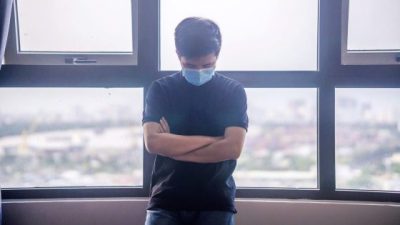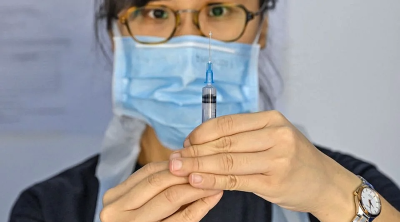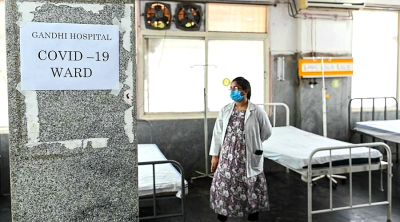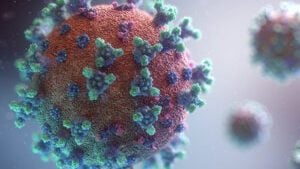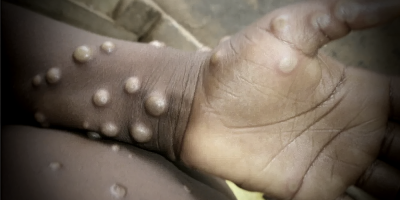
The previous wave with Omicron BA.1 and BA.2 came and gone from February to May 2022.
The caseloads peaked at 32,800 on March 11. The lowest daily case number was 922 on May 3 and the daily cases were fluctuating below 2,000 until June 21. Since then, our daily cases were hovering below 3,000 cases until July 7 with a total of 4,020 cases reported. The total cases had increased almost 30% in the past week.
The World Health Organization reported that by the end of June, new weekly cases were up by 32% in Southeast Asia, 33% in Europe and 47% in the region comprising the Middle East, Central Asia, North Africa and the Horn of Africa.
As of June 19, Omicron BA.5 accounted for 43% of Omicron cases worldwide, while Omicron BA.4 accounted for 12%.
Both the Minister of Health and Ministry of Health Director General warned us to be prepared for a new wave and that Omicron BA.5 has invaded our country and probably a high number of cases are from the Omicron BA.5.
According to the researchers at Beth Israel Deaconess Medical Center, Harvard Medical School, BA.5 is able to escape the antibody responses among people who have previous Covid-19 infections and those who have been fully vaccinated and boosted.
Reinfections may be inevitable until we have new vaccines that could prevent transmission effectively.
However, the current Covid-19 vaccination is still expected to provide substantial protection against severe disease.
In addition, BA.4 and BA.5 do not seem to cause more severe symptoms compared to BA.1 and BA.2.
Moreover, vaccine manufacturers are working on updated vaccines that might elicit a stronger immune response against the new variants.
Hopefully, there will be new vaccine in the near future to prevent the transmission of Omicron variants.
So, what should the public do now? Those eligible for vaccination, especially children aged five to 11 years, should get vaccinated.
Those who have not taken their booster shots (3rd dose) should get it as soon as possible. The elderly and high-risk groups should go for their second booster shot (4th dose).
Vaccination may not be effective in the prevention of transmission, but it is effective in preventing severe symptoms, hospitalization and even death, especially among the elderly and high risks groups.
The public health measures such as wearing masks indoor, maintaining hand hygiene, avoid crowded and poorly ventilated areas, self-testing before joining any family/group activities should be practiced in order to reduce or stop the transmission of this highly infectious BA.5 variant.
We should not have the impression that it is fine to get infected if the disease is mild. We must not forget that even mild Covid-19 patients may suffer post-Covid conditions or Long Covid.
In addition, there are new evidences from the US showing that compared with those with just one Covid-19 infection, those with two or more documented infections have more than twice the risk of dying and three times the risk of being hospitalized within six months of their last infection.
They also have higher risks for lung and heart problems, fatigue, digestive and kidney disorders, diabetes and neurological problems.
Let us all remain vigilant to stay safe and healthy in the coming Covid-19 wave.
(Professor Dr. Moy Foong Ming, Department of Social & Preventive Medicine, Faculty of Medicine, Universiti Malaya.)
ADVERTISEMENT
ADVERTISEMENT






